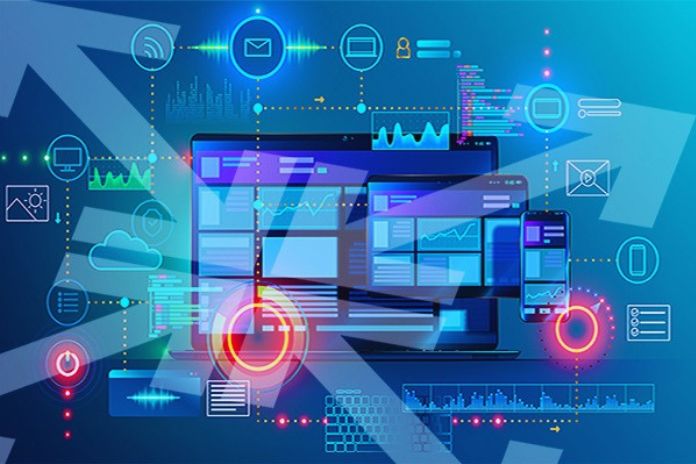The digital transformation of the industry has inevitably also involved the logistics sector. Starting from ideas on automation, logistics 4.0 has become the natural evolution of one of the most critical sectors of society.
What, however, always remains the same is, without any doubt, the primary objective of the sector: to ensure that the customer receives what is needed quickly and efficiently. In this sense, the prerogatives remain the same for both inbound and outbound logistics, the two crucial moments of the process.
The two subcategories of logistics deal respectively with the supply of materials, transport, warehousing, and collection and distribution up to the customer. Logistics also includes all phases relating to packaging, inventory management, order fulfillment, and storage. The latest intelligent technology can streamline processes and balance incoming and outgoing functions without forgetting the intermediate management phases. Some 4.0 logistics solutions facilitate these processes and represent an innovative and soon indispensable aid for improving the entire system. Let’s see what they are.
Technological Solutions For Logistics 4.0
Logistics consists of the perfect planning of the storage flow of raw materials or other products whose ultimate goal is complete customer satisfaction. For logistics to be considered efficient, it must evolve and vary with industrial processes. Logistics 4.0 spread in 2011 and corresponds to progressive adaptation to a new production criterion.
In practice, there is no clear definition of what logistics 4.0 is, but this can often be expressed as the planning of the storage flow to meet customer needs. The main changes introduced concern the automation and the combination of manual and automatic logistics processes. Several tools are connected to each other, while the data and their collection become the very core of the decision-making process. The main trends in the sector can therefore be summarized as follows:
- Artificial intelligence and the internet of things are applied to supply chain connections and aim to reduce general management costs.
- Collection of big data aimed at forecasting market trends.
- Automation and robotic processes that improve routine work and make operations more cost-effective.
- Particular attention to sustainability is a trend that involves the sector globally and is destined to influence the logistics sector by reducing the CO2 emissions of the entire system.
- Autonomous driving and innovative deliveries, with drones that can make deliveries up to 3 kilos.
The Benefits Of Logistics 4.0
The areas most affected by technological innovations within logistics 4.0 are general productivity since intelligent handling of raw materials and finished products improves product quality. Furthermore, data collection makes it possible to have greater traceability.
ALSO READ: Blockchain: The Challenges Of A Sector In The Process Of Professionalization
Innovative Startups In The Logistics Sector 4.0
It is essential to give you as complete an overview of the sector as possible, which is why now we want to talk about the innovations within the industry that come mainly from startups that intend to improve and facilitate the management of logistics processes.
In Italy, we are no less than technological advances, and in particular, 3 are the startups that have made a progressive contribution in this area:
- GEL Proximity is a Milan Polytechnic company founded in 2019 by Lorenzo Maggioni, Damiano Frosi, and Valerio Bevilacqua. GEL Proximity has developed a technology that allows the delivery of products purchased online to collection points throughout Italy.
- Cargup was founded by Enzo Tucci, Vito Carella, Dwight Leone, and Builder4app, which aims to digitize road transport processes. It is a cloud-based B2B platform that connects companies, shippers, and carriers by improving working conditions and reducing C02 emissions by reducing empty journeys.
- Milkman always works on the home delivery phase by appointment and was co-founded by Antonio Perini and Tommaso Baù in 2015.
